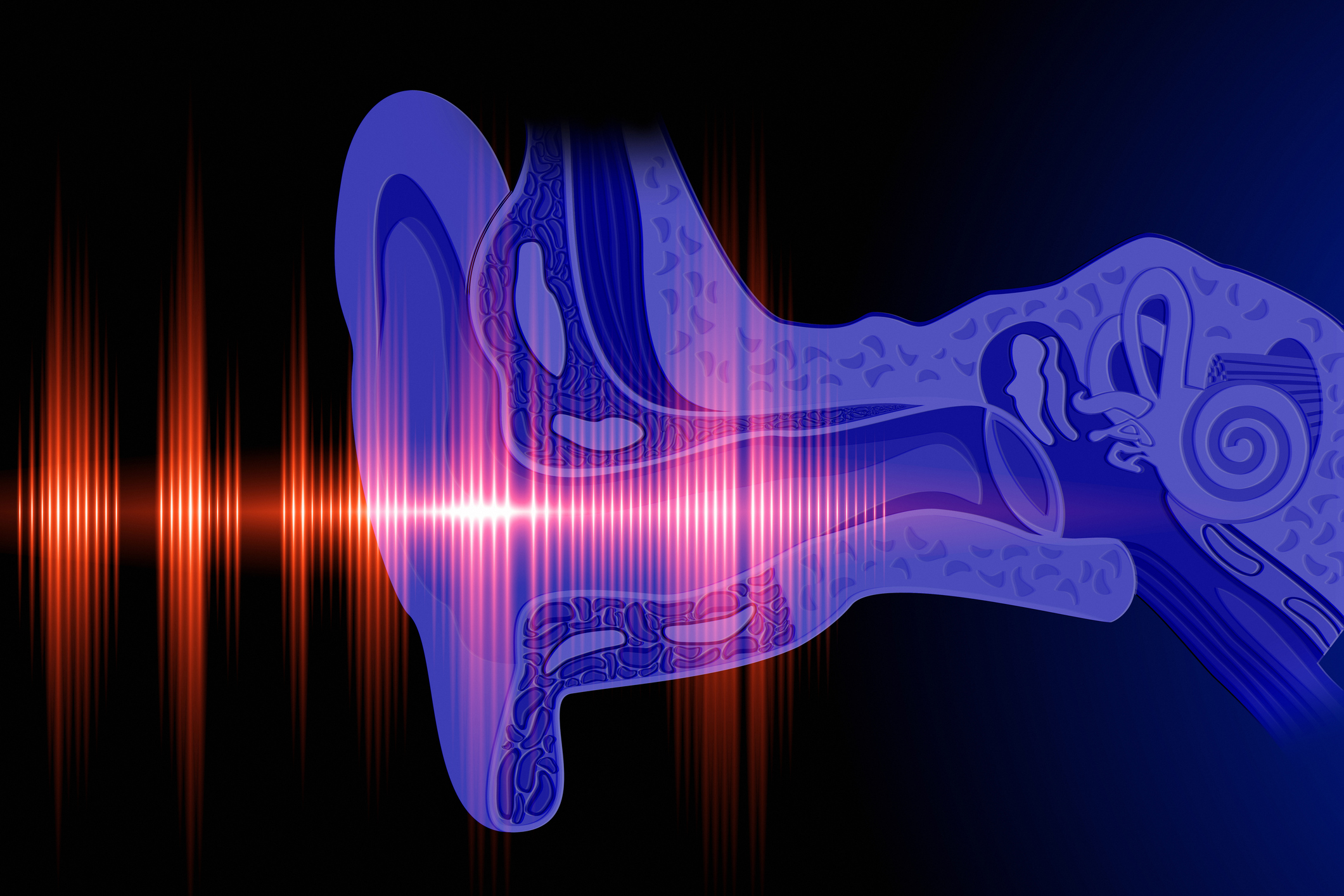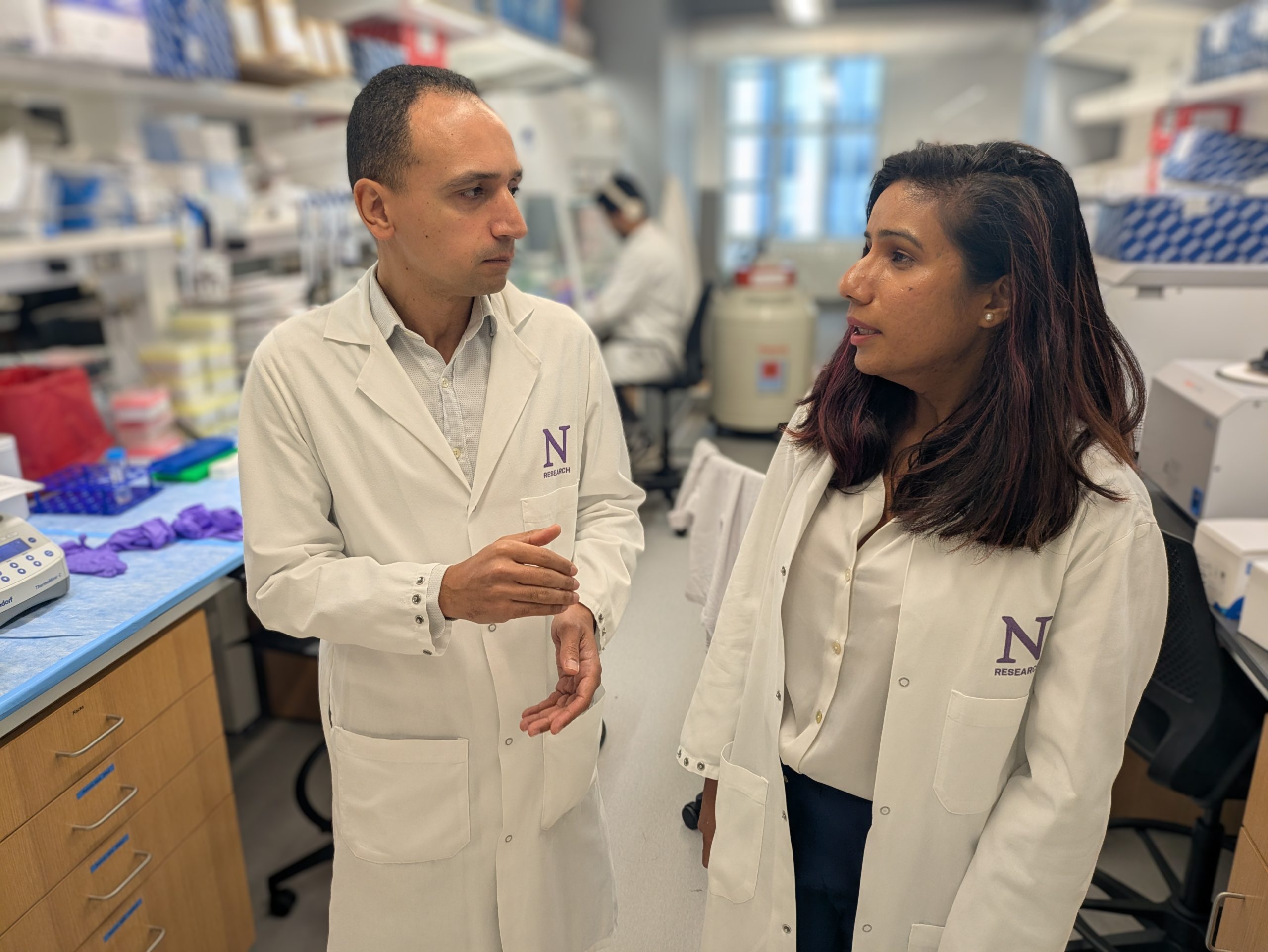Media Coverage
The work done by Northwestern University Feinberg School of Medicine faculty members (and even some students) is regularly highlighted in newspapers, online media outlets and more. Below you’ll find links to articles and videos of Feinberg in the news.
-
Reuters
–
Obesity and diabetes by middle age tied to heart failure later on
“Preventing the onset of obesity, hypertension and diabetes will substantially lower a person’s risk for heart failure and substantially increase the average number of years they will live healthy,” said senior study author Dr. John Wilkins of Northwestern University Feinberg School of Medicine in Chicago. “The benefits of preventing the onset of the risk factors themselves often far exceeds the benefits experienced through treatment of the risk factors after they’ve developed,” Wilkins added by email.
-
Crain’s Chicago Business
–
What happens after five people overdose from heroin in a Chicago nursing home
Written by: Margaret Danilovich, DPT, instructor of Physical Therapy and Human Movement Sciences at the Feinberg School of Medicine
-
HealthDay
–
3 Keys to Cutting Your Risk of Heart Failure
Investigators found that a 45-year-old without those three key risk factors has as much as an 86 percent lower risk for heart failure compared with someone with poor control of weight, blood pressure and blood sugar.
“This paper provides more evidence to demonstrate the importance of a heart-healthy lifestyle,” said study co-author Dr. John Wilkins. He’s a cardiologist and assistant professor of medicine and preventive medicine at the Northwestern University Feinberg School of Medicine in Chicago. -
TIME
–
How Donald Trump Affects Therapy Patients
With an administration forming around President-elect Donald Trump, the mood in the psychotherapy space has transitioned from anticipation and worry to fear and despair. It’s obvious to me that this highly contested election is already having real mental health consequences. Several people who had not demonstrated overt distress prior to election night began wrestling with the question: what does this mean for me? They wondered aloud about changes in government funding priorities that might affect their job security and ability to get health care.
-
CBS News
–
Why your body’s internal clock might need a tune-up
How does this alter our understanding of obesity and diabetes? There have been some really amazing experiments in flies, worms and mice that have helped answer that question and more. One scientist doing amazing work in this area is Dr. Joseph Bass from Northwestern University, who conducted research on mice to see what happens when the molecular clock mechanism is changed. He told me the result of one of his experiments was “a propensity towards obesity and also toward diabetes.”
-
Fox News (National)
–
People with Alzheimer’s disease can still have sharp memories
Some older people who have signs of Alzheimer’s disease in their brains may actually have pretty good memories, a small new study suggests. The results suggest that some individuals with Alzheimer’s disease may be protected against some of its symptoms, like memory problems, said lead study author Changiz Geula, a professor of cognitive neurology at Northwestern University Feinberg School of Medicine in Chicago, Illinois.
-
Reuters
–
Scientists develop skin patch with on-the-spot sweat monitor app
“Sweat is a rich, chemical broth containing a number of important chemical compounds with physiological health information,” said John Rogers, a professor Northwestern University in the United States who led the development of what he called a “lab on the skin”
-
Associated Press
–
Sweat it out! Skin patch aims to test sweat for health
“Sweat has biochemical components within it that tell us a lot about physiological health,” said John A. Rogers, who directs Northwestern University’s Center for Bio-Integrated Electronics and led the new research.
Today’s wearable technology helps people track their calories, activity and heart rate. A wearable biosensor would be “radically different,” Rogers said.
-
The Washington Post
–
Sweat it out! Skin patch aims to test sweat for health
“Sweat has biochemical components within it that tell us a lot about physiological health,” said John A. Rogers, who directs Northwestern University’s Center for Bio-Integrated Electronics and led the new research.
Today’s wearable technology helps people track their calories, activity and heart rate. A wearable biosensor would be “radically different,” Rogers said.
-
U.S. News & World Report
–
Sweat It Out! Skin Patch Aims to Test Sweat for Health
“Sweat has biochemical components within it that tell us a lot about physiological health,” said John A. Rogers, who directs Northwestern University’s Center for Bio-Integrated Electronics and led the new research.
Today’s wearable technology helps people track their calories, activity and heart rate. A wearable biosensor would be “radically different,” Rogers said.






